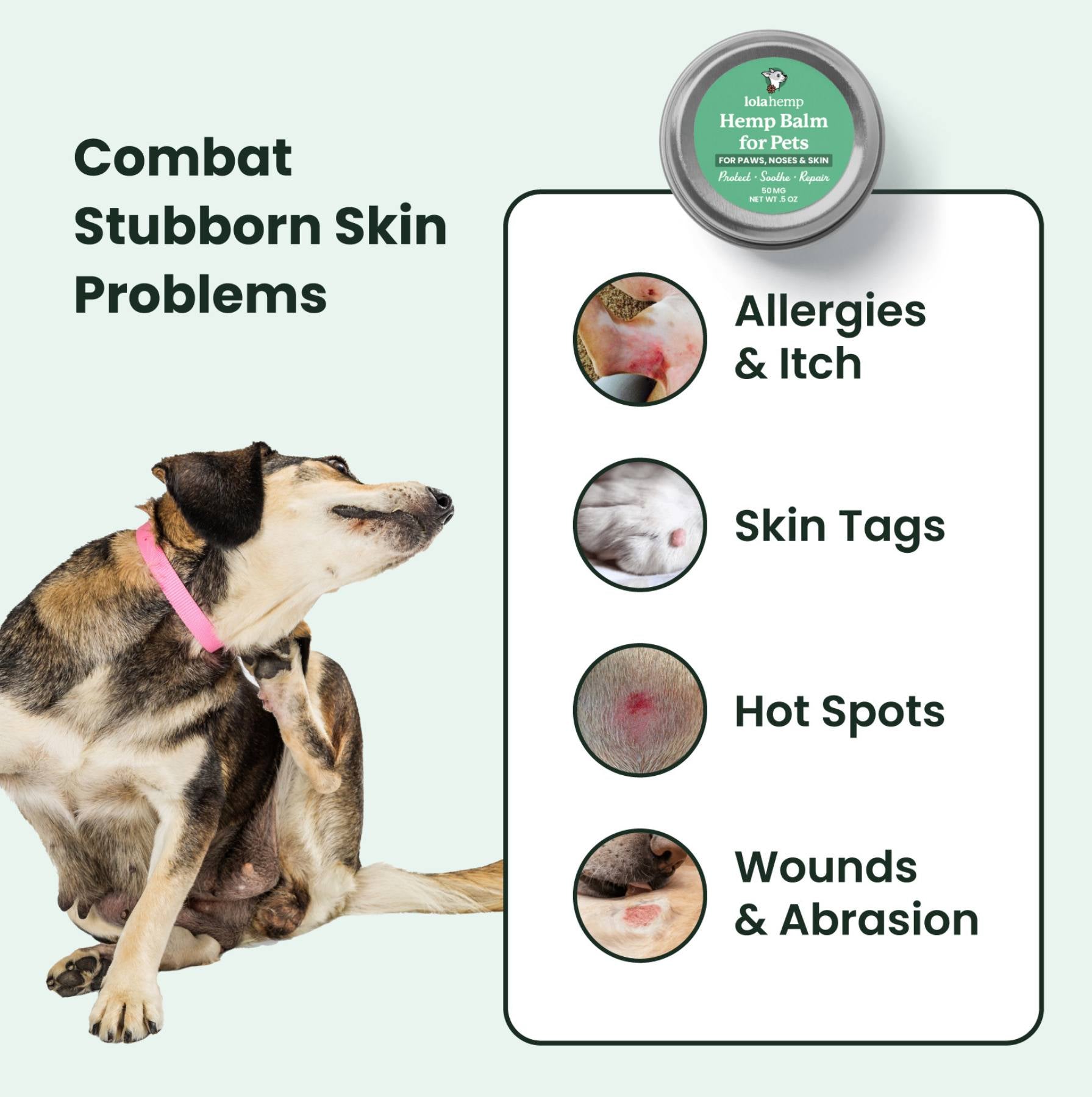Antihistamines are often used to treat allergic reactions in cats, such as itching, sneezing, and hives. While they can offer relief, it's important to understand their proper use and potential side effects.
Before administering any antihistamine, consult with a veterinarian to ensure it's safe for your cat. Below are key considerations if you're thinking about giving your cat an antihistamine for its allergies.
- What Are Antihistamines Used For in Cats?
- How Do You Know If Your Cat Needs an Antihistamine?
- What Are the Risks and Side Effects of Antihistamines in Cats?
- What Are the Common Antihistamines for Cats?
- Conclusion
- Frequently Asked Questions About Antihistamines for Cats
- Are antihistamines safe for cats?
- What symptoms do antihistamines help with in cats?
- Can I give my cat human antihistamines?
- How long does it take for antihistamines to work in cats?
- What side effects can occur when cats take antihistamines?
- Which antihistamine is most commonly recommended for cats?
What Are Antihistamines Used For in Cats?
Antihistamines are commonly used to treat allergy symptoms like itching, sneezing, or watery eyes in cats. They can help manage reactions to pollen, dust, mold, insect bites, or certain food ingredients.
These medications work by blocking the effects of histamines, chemicals produced by the immune system that cause allergic symptoms. While antihistamines can relieve discomfort, they are not a cure for allergies and should be used as part of a broader management plan.
How Do You Know If Your Cat Needs an Antihistamine?
If your cat is experiencing symptoms of allergies such as constant scratching, itching, or swollen areas on the skin, an antihistamine might provide relief. You should first rule out other potential causes of these symptoms, such as infections or parasites.
Consulting with a vet will help determine if allergies are the issue and whether antihistamines are appropriate for treatment. Your vet can also recommend the right type and dosage of antihistamine based on your cat’s health history and weight.
What Are the Risks and Side Effects of Antihistamines in Cats?
While antihistamines are generally safe, they can have side effects in some cats, including drowsiness, dry mouth, or digestive upset. Some cats may also become overly excited or agitated.
Overdosing can lead to more serious side effects, such as lethargy or difficulty breathing. Always follow your vet’s instructions and monitor your cat closely after administering any antihistamine for potential adverse reactions.
What Are the Common Antihistamines for Cats?
Common antihistamines used in cats include diphenhydramine (Benadryl), cetirizine (Zyrtec), and loratadine (Claritin). Each has a different dosage and side effect profile, so it’s important to use the correct medication for your cat.
Your vet will determine the best antihistamine based on the type of allergy and your cat’s specific health needs. Never give your cat human antihistamines without veterinary guidance, as some ingredients can be toxic to pets.
Conclusion
Antihistamines can be effective at relieving cat allergies, but it's important to understand the right dosage, medication interactions, and options for your cat.
Discuss the use of antihistamines with your veterinarian before giving your cat options like Benadryl.
Frequently Asked Questions About Antihistamines for Cats
Are antihistamines safe for cats?
Yes, many antihistamines are safe for cats when prescribed or approved by a veterinarian. Incorrect dosing or using the wrong formulation can be harmful.
What symptoms do antihistamines help with in cats?
Antihistamines may help reduce itching, sneezing, watery eyes, and mild skin reactions caused by allergies.
Can I give my cat human antihistamines?
No, not without veterinary guidance. Some human antihistamines contain additives or ingredients that are toxic to cats.
How long does it take for antihistamines to work in cats?
Most antihistamines begin working within 1–2 hours, though effectiveness varies based on the specific medication and the cat’s condition.
What side effects can occur when cats take antihistamines?
Side effects may include drowsiness, dry mouth, digestive upset, or agitation. Overdoses may cause lethargy or breathing issues.
Which antihistamine is most commonly recommended for cats?
Diphenhydramine (Benadryl), cetirizine (Zyrtec), and loratadine (Claritin) are commonly used, but a veterinarian should determine the safest option.









